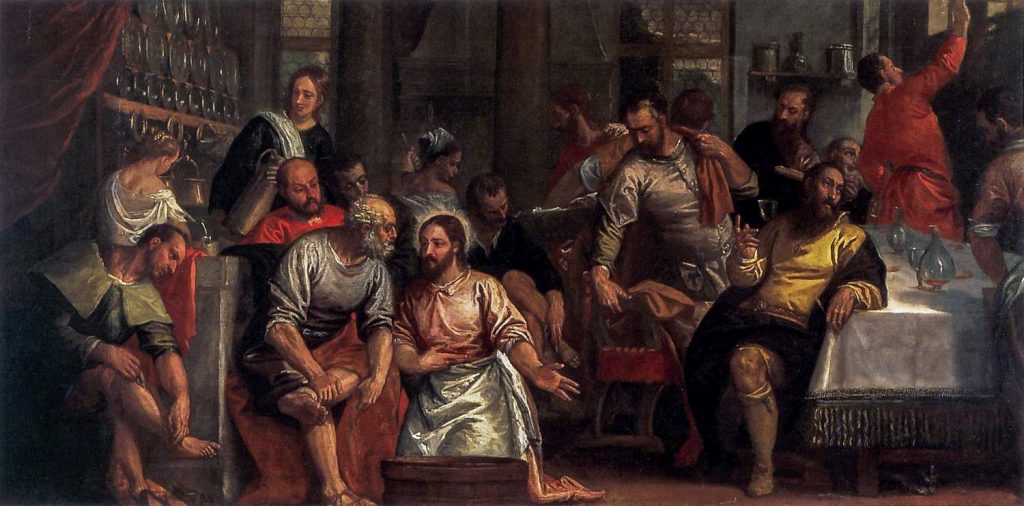
By Fr Noel Connolly SSC, Plenary Council Facilitation Team
This is the most important week of the Christian year. During these next few days, we will relive Jesus’ passion and resurrection. Through our liturgies, we will try to share in his suffering. It will be an emotion-filled week. Few Christians can look closely at the cross and not be moved with compassion.
Unfortunately, for many Christians, the predominant reaction will be one of guilt. He died for our sins. “He was pierced through for our faults, crushed for our sins.”
We accuse ourselves: “How could I do that to you? How could I betray you, who are so good?”
Undoubtedly, there is a lot of truth in this but we need to be careful of excessive concentration on our guilt.
By reducing our meditation on the cross to a confession of our unworthiness, we may miss out on something much more important.
During Holy Week we normally say: “I am no good, but you are so good you forgive me.” This was not Jesus’ intention. Ironically, his crucifixion was not meant to prove how good he is but something that is much more difficult for us to accept – namely how good we are.
Jesus does not love us because he is so good and all -forgiving, he would forgive us anything. He loves us because we are loveable. He likes us.
However, the biggest problem with love and forgiveness is acceptance.
Our most frequent reaction when we have sinned against someone or against God is to regard ourselves as bad, selfish and unworthy.
We keep repeating to ourselves, “I am no good…. what else can you expect…. I am not worthy of love…. I’ll never be any different.”
The strange thing is that, although it sounds like a humble confession of our sinfulness, it is far from it. It is the last-ditch defense of the sinner trying to prevent God’s love from reaching him or her.
Right through the Scriptures, God tries to tell us that he loves us.
Yet we still do not really believe him. Something comes between God’s love and ourselves. It is normally our guilt. “What else can you expect? I am not worthy.”
When Jesus loves and forgives us, he is telling us that we are both good and bad, but predominantly good. The bad in us is that we have not been the good person we could be.
This was the pattern of Jesus’ encounters with the prostitutes and publicans.
He was always trying to tell them, “I love you… I believe in you… You can be a much better person than everyone tells you, you are and even than you think you are yourself”. Jesus genuinely loved them and wanted to release the lover in them.
It is more difficult to believe that we are good than that we are bad because being good is demanding. To believe you are bad is static. There can be no change. “That is the way I am.”
To be good is to have possibilities and the responsibility to change. So, we use every possible ruse to stay in hiding, even abject apology.
My hope for myself and for you this Holy Week is that as we contemplate Jesus on the Cross, we will be moved to compassion not just for Jesus, but for ourselves. And that we will allow Jesus to tell us that he loves us because we are good. I hope that by the end of this Holy Week we will be better and more confident Christian lovers.